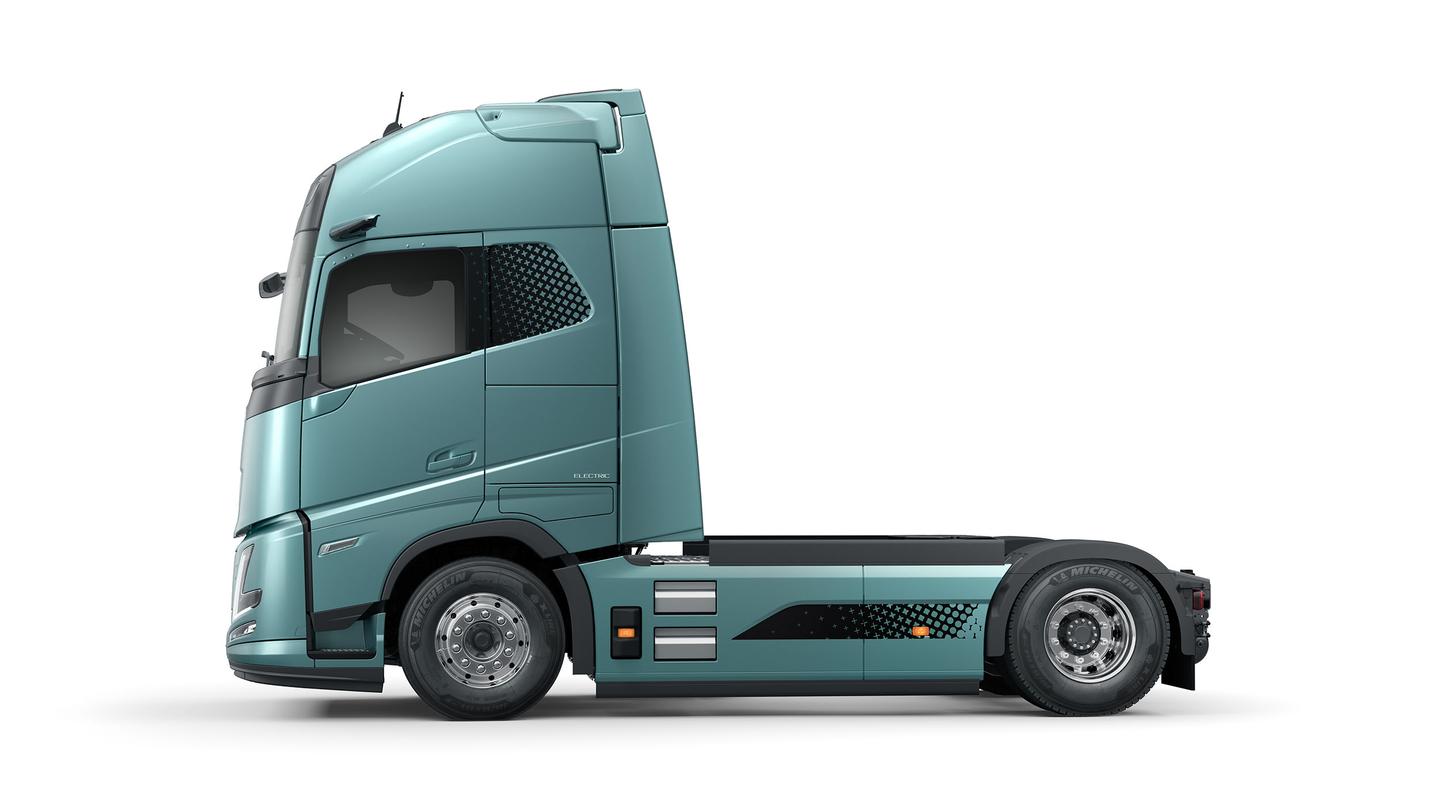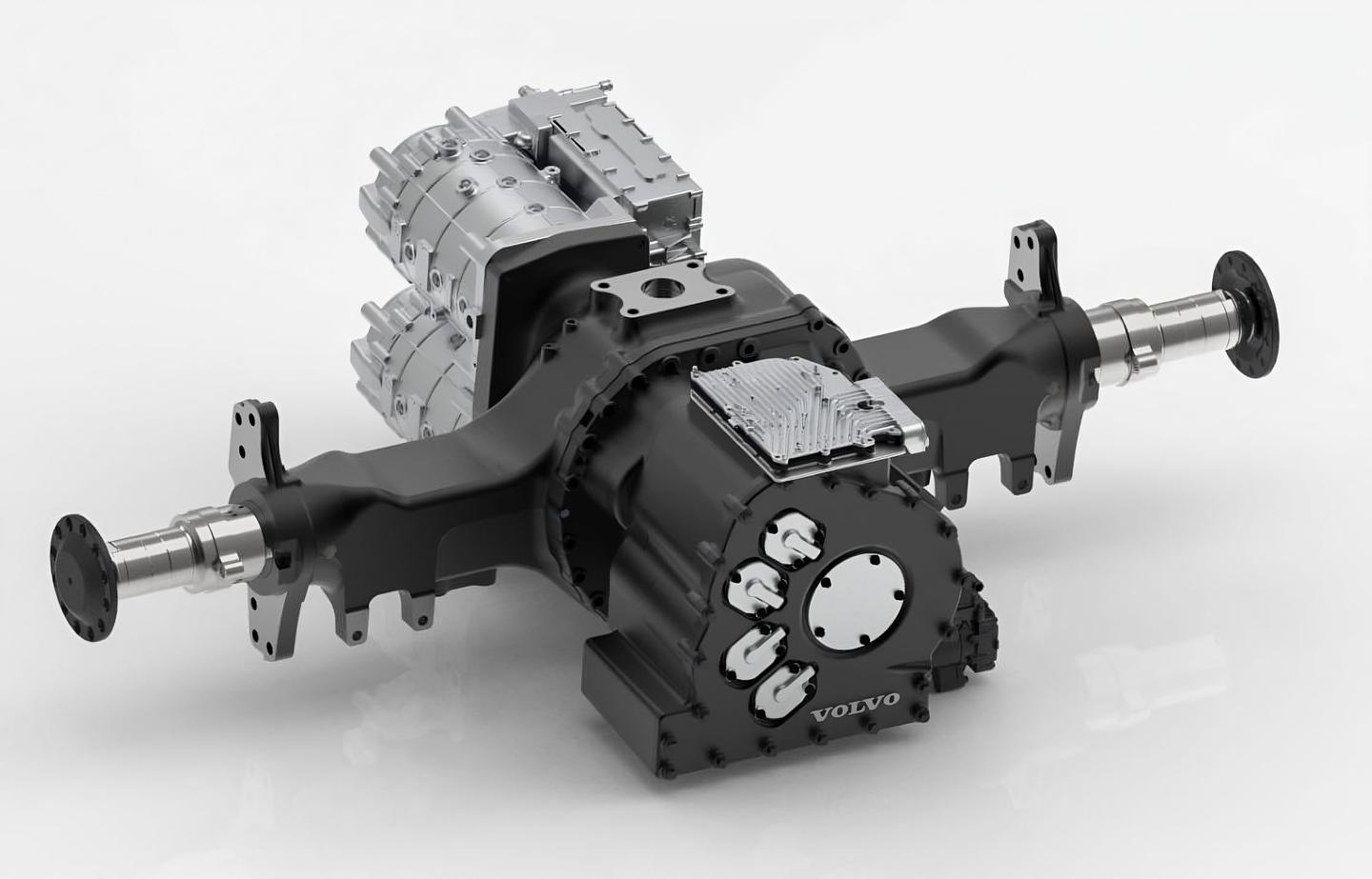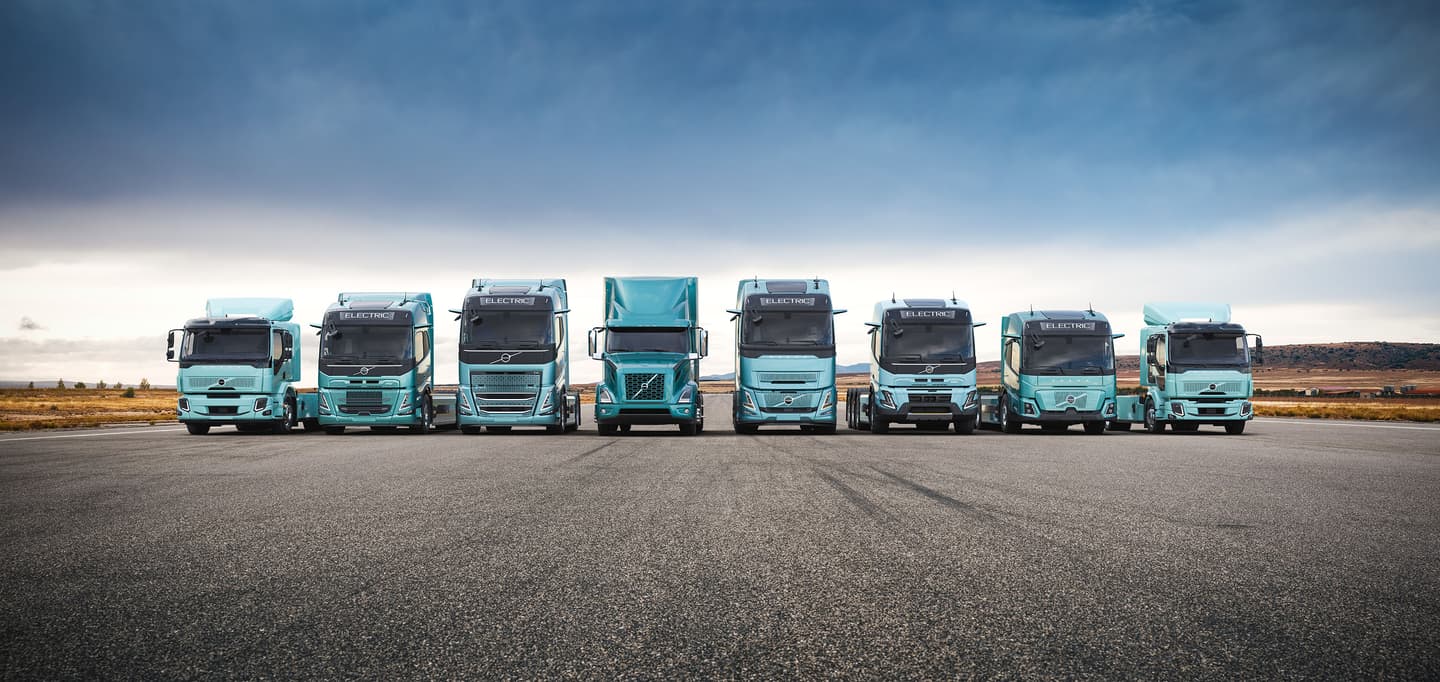For over 30 years, Volvo has been a leader in the long-haul heavy-truck category with its successful FH series. Its 12 to 16-liter diesel “world engine” made excellent power output, lower emissions, and relatively low fuel consumption with its single OHC configuration. Next year, it’ll be powered by batteries.
Volvo has just announced a new electric long-range version of the FH (Forward control High entry), a cab-over, heavy-duty truck set to hit the market in the latter half of 2025. Don’t worry, Volvo will still be producing ICE units as well … for a while, at least. Volvo Trucks’ goal is to have its entire fleet of new rigs “green,” running on electrons, fuel cells, biogas, or hydrogenated vegetable oil by 2040.
“Our new electric flagship will be a great complement to our wide range of electric trucks and enable zero-exhaust emission transport also for the longer distances,” says Roger Alm, President of Volvo Trucks. “It will be a great solution for transport companies with a high annual mileage on their trucks and with a strong commitment to reduce CO2.”

Volvo
How far? About 373 miles (600 km), according to Volvo.
For those of you familiar with trucking in the United States, that might not seem like a lot. Average long-haul over-the-road (OTR) routes will see distances over 500 miles (800 km) – a range that the Tesla Semi boasts on a single charge.
That being said, it was only six years ago that Volvo released its first electrified FL and FE series trucks into the wild. The FL only had a max range of 186 miles (300 km), while the FE – Volvo’s especially heavy-duty version, able to haul nearly double that of the FL – boasted a meager 124 miles (200 km) of range, more suitable for inner cities than open roads.
Volvo’s latest design on the FH truck gave it double the range of previous versions by creating what Volvo calls the “e-axle.” A clever design that combines the electric motors and transmission in a single compact unit, making it more efficient as well as freeing up valuable space for more batteries.

Volvo
In the US, solo OTR truckers are only allowed to be behind the wheel for 11 hours before they’re required to take a 10-hour break. There are a few caveats in the rules, but for the most part, one can expect a 10-hour break, giving the operator plenty of time to recharge their rig between destinations.
No word yet on what the charging capabilities are or the size of the battery pack, but the previous FL and FE versions could charge in two hours using high-speed DC-to-DC power or in about 10 hours using conventional AC power to power up its 300-kW battery.

Volvo
Worldwide, cab-over truck designs – where the engine is mounted below the seating positions – are popular because the shorter nature of the truck means more maneuverability and longer trailers for cargo while still being within overall length restrictions imposed by most countries. It also offers much better visibility than the conventional “long-nose” design favored by Americans, where only trailer length is considered for length restrictions at 53 ft (16.1 m). Better visibility is crucial in places like Europe and Asia, where the roads are often narrow or winding. The cab-over design also lost favor in the US as it’s simply not as comfortable for the long haul. Longer rigs offer smoother rides and less cabin noise.
It’s hard to get much quieter than electric though.
Source: Volvo Trucks
Source of Article